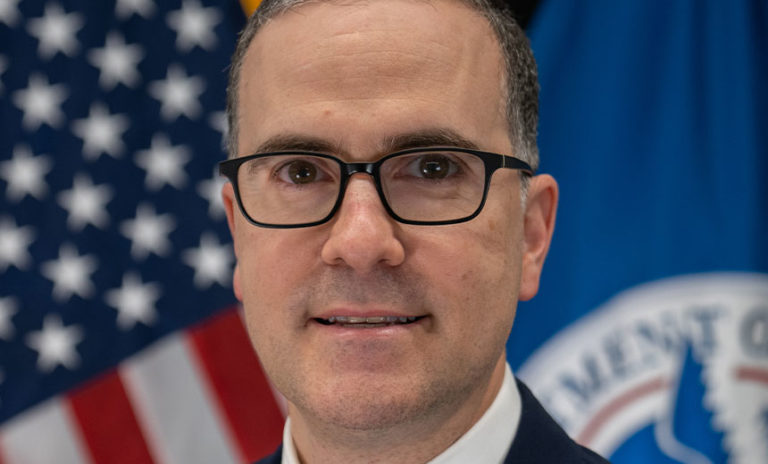Major ransomware attack aimed at tech provider leaves other companies scrambling
Businesses around the world rushed Saturday to contain a ransomware attack that has paralyzed their computer networks, a situation complicated in the U.S. by offices lightly staffed at the start of the Fourth of July holiday weekend.
It’s not yet known how many organizations have been hit by demands that they pay a ransom in order to get their systems working again. But some cybersecurity researchers predict the attack targeting customers of software supplier Kaseya could be one of the broadest ransomware attacks on record.
The cybersecurity firm ESET says there are victims in least 17 countries, including the United Kingdom, South Africa, Canada, Argentina, Mexico, Kenya and Germany.
It follows a scourge of headline-grabbing attacks over recent months that have been a source of diplomatic tension between U.S. President Joe Biden and Russian President Vladimir Putin over whether Russia has become a safe haven for cybercriminal gangs.
Biden said Saturday he didn’t yet know for certain who was responsible, adding he has directed U.S. intelligence agencies to investigate who was behind the attack.
“If it is either with the knowledge of and or a consequence of Russia then I told Putin we will respond,” Biden said. “We’re not certain. The initial thinking was it was not the Russian government.”
Cybersecurity experts say the REvil gang, a major Russian-speaking ransomware syndicate, appears to be behind the attack that targeted Kaseya, using its network-management package as a conduit to spread the ransomware through cloud-service providers.
“The number of victims here is already over a thousand and will likely reach into the tens of thousands,” said cybersecurity expert Dmitri Alperovitch of the Silverado Policy Accelerator think tank. “No other ransomware campaign comes even close in terms of impact.”
In Sweden, most of the grocery chain Coop’s 800 stores were unable to open because their cash registers weren’t working, according to SVT, the country’s public broadcaster. The Swedish State Railways and a major local pharmacy chain were also affected.
Kaseya working on a patch
Kaseya CEO Fred Voccola said in a statement that the company believes it has identified the source of the vulnerability and will “release that patch as quickly as possible, to get our customers back up and running.”
Voccola said fewer than 40 of Kaseya’s customers were known to be affected, but experts said the ransomware could still be affecting hundreds more companies that rely on Kaseya’s clients that provide broader IT services.
John Hammond of the security firm Huntress Labs said he was aware of a number of managed-services providers — companies that host IT infrastructure for multiple customers — being hit by the ransomware, which encrypts networks until the victims pay off attackers.
“It’s reasonable to think this could potentially be impacting thousands of small businesses,” said Hammond, basing his estimate on the service providers reaching out to his company for assistance and comments on Reddit showing how others are responding.
At least some victims appeared to be getting ransoms set at $45,000 US, considered a small demand but one that could quickly add up when sought from thousands of victims, said Brett Callow, a ransomware expert at the cybersecurity firm Emsisoft.
Attack possibly timed for the holiday
“It’s reasonable to think that the timing was planned” by hackers for the holiday, said James Shank, of threat intelligence firm Team Cymru.
REvil, the group most experts have tied to the attack, was the same ransomware provider that the FBI linked to an attack on Brazil-based JBS, a major global meat processor forced to pay a $11 million US ransom, amid the U.S. Memorial Day holiday weekend in May.
The federal Cybersecurity and Infrastructure Security Agency in the U.S. said in a statement that it is closely monitoring the situation and working with the FBI to collect more information about its impact.
CISA urged anyone who might be affected to “follow Kaseya’s guidance to shut down VSA servers immediately.” Kaseya runs what’s called a virtual system administrator, or VSA, that’s used to remotely manage and monitor a customer’s network.
The privately held Kaseya is based in Dublin, with a U.S. headquarters in Miami.






